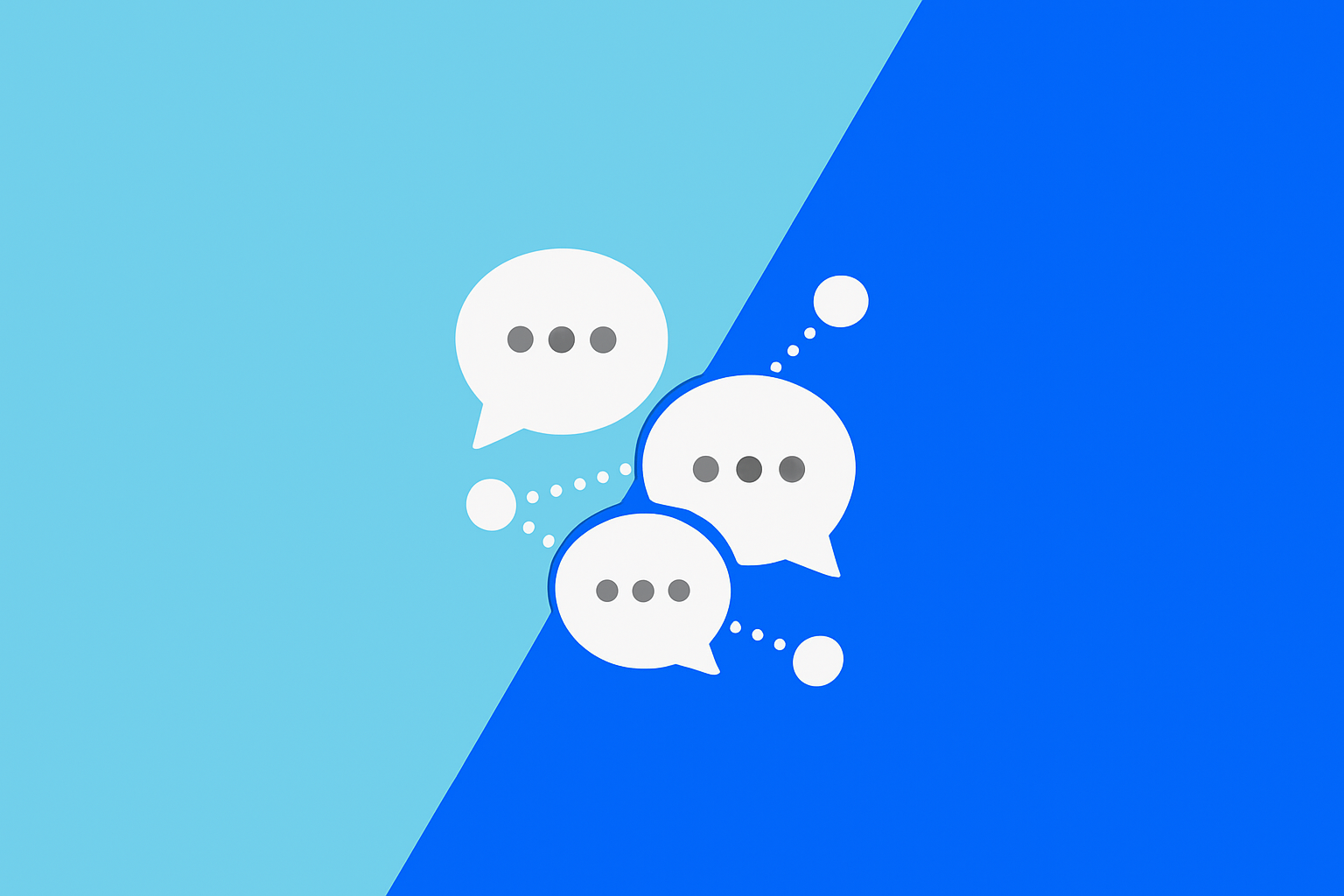Your next customer service coaching session is coming up, you might be feeling nervous, and possibly even anxious about a potentially long list of ways to improve. Coaching sessions don't have to be that way! In fact, if you come with questions, ideas, and (most importantly) data, it can be a collaborative process that improves your customer service skills and advances your career.
Before we dive into specifics, let’s quickly cover the agenda you can expect during a 30-minute coaching session:
- Review Quality Assurance (QA) scores: 5 minutes
- Review productivity metrics: 5 minutes
- Discuss feedback on scores and metrics: 10 minutes
- Discuss goals and action items: 5 minutes
- Discuss miscellaneous questions and insights: 5 minutes
The more you prepare for these meetings, the more value you’ll get out of them. Here are five tips to ensure you make the most of your time. (If you’re a CX coach or manager, be sure to share this resource with your agents!)
1. Come Prepared with Performance Data
Data is the foundation for a productive coaching session because it grounds your conversation in evidence—not opinions. Every agent has unique strengths and areas for improvement, so digging into the data ensures you get the individualized feedback you need to excel.
If your company uses customer service coaching software like MaestroQA, your performance metrics are centralized in a dashboard like this:
.png)
There are two pillars of data to familiarize yourself with before heading into your coaching session:
Quality Assurance (QA) Scores
Your QA scores indicate how well you performed against your company’s standards for customer service interactions. This may include criteria such as adhering to the brand’s communication style guide or following the right process to resolve an issue.
If you’re new to QA scores or just need to refresh your memory, check out our complete guide here.
Productivity Metrics
These metrics gauge customer sentiment and reflect how efficiently you resolved their issues. Here are four common metrics you might discuss with your coach:
- Customer Satisfaction (CSAT) Score: Indicates how happy a customer is with the assistance you provided
- First Contact Resolution (FCR) Rate: The percentage of issues you resolve the first time a customer contacts you for support
- Average Handle Time (AHT): The average time it takes you to resolve support tickets
- Net Promoter Score (NPS): Estimates the likelihood that a customer will recommend your company
Productivity metrics aren’t as actionable as QA scores because they only indicate if—not why—your customer interactions are successful or not. In other words, this data is a jumping-off point, but it’s not the end all be all of your career.
It’s natural for productivity metrics to fluctuate, so don’t get down on yourself if you don’t improve them every month.
2. Review Feedback and Progress
Ideally, your coach gave you some feedback or assigned you some tasks and/or goals in a previous session. Now you have an opportunity to circle back on the progress you made and call out any challenges you faced along the way.
Here’s an example of what your coaching notes might look like:
.png)
If you feel like you aren’t being challenged, let your coach know you have higher expectations for yourself. On the other hand, don’t be afraid to speak up if you feel overwhelmed by unrealistic goals or a mounting to-do list. In either case, your coach can work with you to align your workload with your capabilities.
If you’re going into your first coaching session and you don’t have much to review, get proactive and ask about the company’s internal standards for performance. This gives you a feel for what goals to set for yourself, which is a perfect segue into...
3. Collaborate with Your Coach to Set Goals and Action Items
Once you have a clear understanding of your performance data and progress, you’re ready to set goals and plan how you’ll achieve them. Your coach may suggest a specific goal, but it’s important to remember that the goal-setting process is a collaborative one. If you’re not comfortable with a goal or think you can aim higher, this is your time to say so.
Here are some examples of customer service goals:
- Refine your soft skills like empathy or authenticity.
- Increase your technical knowledge about a product or service.
- Improve your CSAT scores.
- Reduce your number of escalated tickets.
- Get more familiar with the brand’s communication style guide.
- Decrease your Average Handle Time.
Setting a goal is great, but it can be tough to stay on track without a step-by-step plan to reach it. That’s where action items come in—these are the links between goals and results.
For example, if you want to improve your rapport with customers, ask: “I want to establish more authentic connections with customers—what are some specific steps I can take over the next few weeks?” In this case, an action item could be completing an online course about emotional intelligence from a learning management system like Lessonly.
When you work alongside your coach to set action items, make sure they meet the SMART criteria: specific, measurable, attainable, relevant, and time-bound.
4. Bring Your Point of View to the Table
The ideal coaching session is one where you feel equally comfortable sharing and receiving feedback.
For example, you might feel that you were scored unfairly on a recent QA scorecard. In this case, appealing the score is the first step to resolving the discrepancy between your impression and the score you received.
Let’s say the QA grader noted that there was friction between you and a customer when they had trouble getting a refund. Instead of accepting a low score, start a conversation with your coach by saying, “I felt the interaction went smoothly. The customer seemed satisfied throughout the conversation and thanked me for my help at the end of the call. I think my score should reflect that. What do you think?”
As an agent, you have a unique vantage point into the customer experience and the company as a whole. If you see any red flags, don’t hesitate to speak up. If you notice a bug in your company’s product or find a resource that can help your team solve problems more efficiently, pass that information along to your coach, who can relay it up the chain.
Your feedback doesn’t need to be limited to customer support topics, though.
Take a minute to discuss your morale, stress levels, and work-life balance. Considering how high the agent turnover rate is, CX leaders appreciate insights that can prevent burnout and help them retain their top talent. If you feel like your concerns aren't being taken seriously, initiate a discussion with a human resources (HR) representative.
5. Ask About Professional Advancement Opportunities
Your coaching session might not be the right moment to ask for a promotion or raise, but it is the moment to determine the steps you need to take to earn one. Toward the end of your meeting, take some time to discuss your career goals and how you perceive your current role on the team.
Here’s an example of how you can broach the subject: “I’m really happy with the progress the team and I have made over the past few months. What is the typical timeline for promotions, and what can I do to reach the next level?”
You may feel uncomfortable talking about promotions, but discussing long-term planning can actually be reassuring to CX leaders because it demonstrates that you’re committed to the team.
Customer Service Coaching Is a Team Sport
Your coach has the insights and expertise to put you on the path to success. But there’s still plenty of room for you to take ownership of your growth as a customer service professional.
To maximize the value of your learning experiences, get proactive by digging into the data, offering feedback, and asking questions. You’ll know you’re having a productive coaching session when it feels more like a conversation than a lecture.
Ask your coaches to consider MaestroQA as part of their coaching toolkit here.






.avif)




.jpeg)







.jpg)




.jpeg)

.avif)
.avif)

.avif)
.avif)
.avif)
.avif)
.jpeg)

.jpeg)

.jpeg)
.jpeg)

.jpeg)
.jpeg)
.jpeg)
.jpeg)
.jpeg)
.jpeg)
.jpeg)
.jpeg)
.jpeg)
.jpeg)
.jpeg)
.jpeg)
.jpeg)

.jpeg)
.jpeg)

.jpeg)
.jpeg)
.jpeg)




.avif)
%2520(1)-p-800.avif)
.avif)

-p-500.avif)
%2520(1).avif)

.avif)
.avif)
%2520(1).avif)
.avif)
%2520(1).avif)
%2520(1).avif)
%2520(1).avif)
.avif)
%2520(1).avif)
%2520(1).avif)
.avif)
%2520(1).avif)
.avif)
.webp)




.jpeg)

.jpeg)
.jpeg)
.jpeg)
.avif)

.jpeg)
.jpeg)

.jpeg)
.avif)
.avif)



.avif)



